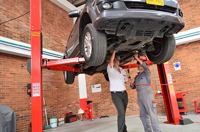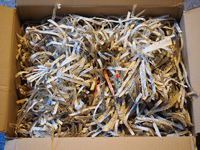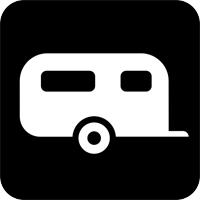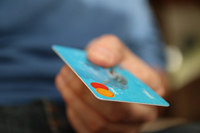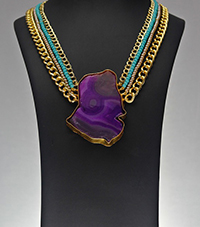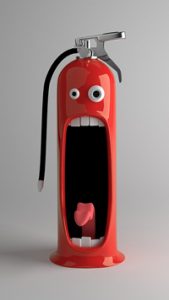 Are you a college student or a parent of a student heading to school this fall? If so, consider adding fire safety tips to your suitcase. Whether you live on or off campus, several precautions help you prevent fires and stay safe.
Are you a college student or a parent of a student heading to school this fall? If so, consider adding fire safety tips to your suitcase. Whether you live on or off campus, several precautions help you prevent fires and stay safe.
Electrical Safety
You certainly need to plug your lamps and laptop into an electrical outlet, but be careful.
- Use power strips or surge protectors with internal overload protection to avoid overloading the outlets.
- Never plug in anything that has a frayed or twisted cord.
- If your lamps or laptop start to feel hot, unplug them.
Cooking
Making your own meals and snacks in your dorm room is a great way to save money and curb the munchies late at night. For safety as you cook:
- Supervise the food.
- Never use a microwave, toaster, hot plate or other appliance if the cord is frayed or damaged.
- Unplug appliances immediately after you use them.
- Wipe up any crumbs or spilled food immediately after cooking.
- Never grill indoors.
Candles
The aroma of a candle can help you relax and light your room if the power goes out. However, many colleges ban candles because they’re a serious fire risk. If you want to relax, melt aromatic wax in an approved plug-in container. During power outages, use flashlights instead of candles.
Smoking
Smoking is banned in most campus dorm rooms, so if you choose to smoke, use outdoor designated areas. Off- campus, you can:
- Use wide, sturdy ash trays that are secured to a sturdy surface.
- Extinguish your cigarette completely before you toss it into the trash can.
- Check the sofa and chair cushions for cigarette butts after parties.
- Never smoke when you’re tired or have been drinking.
Smoke Detectors
You may notice numerous smoke detectors in your dorm. Don’t tamper with them because they could save your life!
Know the Evacuation Plan
Always know how to exit a building safely so that if there is a fire or other emergency you can get out alive.
- When you move in, familiarize yourself with the escape route and any fire escapes.
- Participate in practice drills.
- If the fire alarm goes off, exit the building right away even if you think it’s a prank.
For Parents
Even though your kids are away at college, you can help them practice fire safety.
- Ensure the dorm or off-campus housing has a working fire alarm system, smoke detectors and exits.
- Be sure your kids know how to exit their dorm safely.
- Purchase personal property insurance that covers your child’s possessions.
Staying safe on campus includes understanding fire safety. Take these precautions as you head to college this fall.



